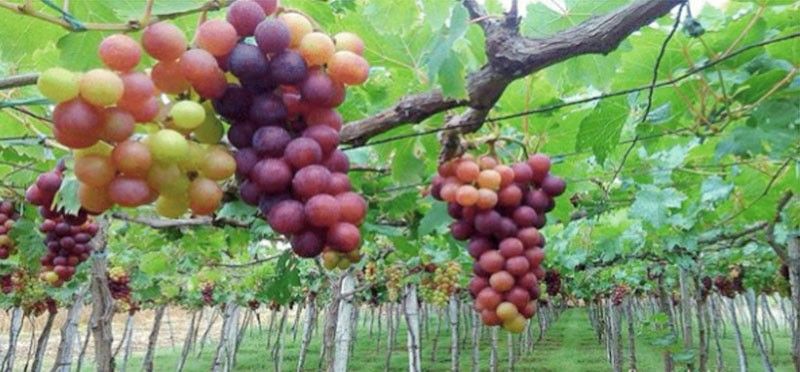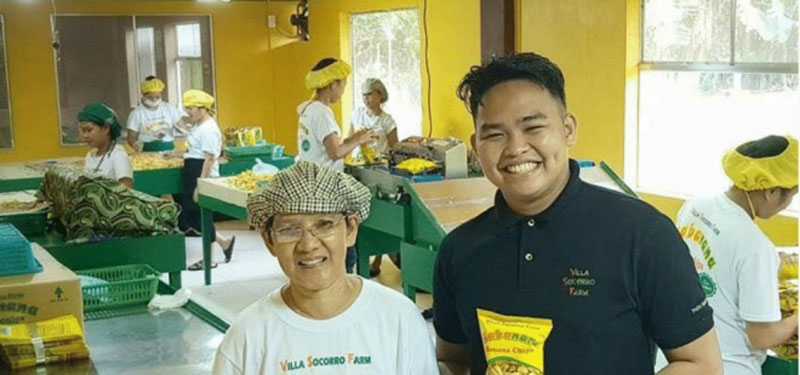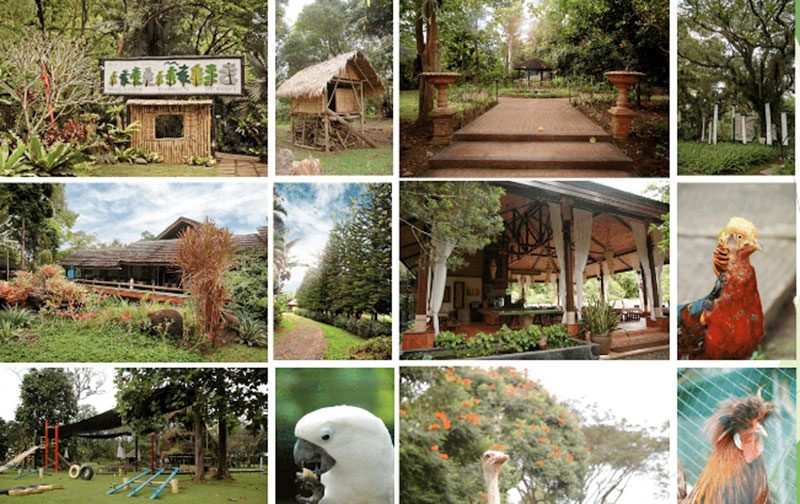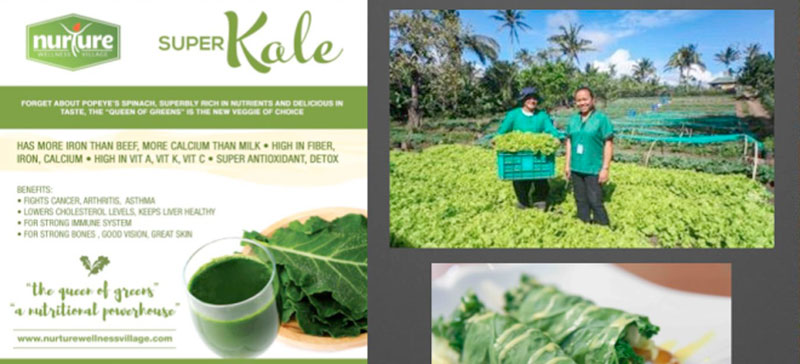Philippines still a top global player in agri-tourism

MANILA, Philippines — The country’s tourism sites have further bolstered the Philippines’ ranking as among the top agri-tourism destinations in the world, according to the Hotel Sales and Marketing Association International (HSMA).
During a Global Farm Tourism Summit co-hosted by the Southeast Asian Regional Center for Graduate Study and Research in Agriculture (SEARCA), HSMA’s Rose Libongco said tourism sites have boosted the tourism potential of the Philippines with foreign visitor arrivals hitting an all-time high of 732,506 in a single month last year.
Other top agri-tourism destinations cited were Taiwan, Hawaii, Tuscany, Grenada, Mallorca, California, and Brazil.
From January to May 2018, foreign visitor arrivals grew 10.2 percent to 3.18 million.
Libongco said the Philippines is highly suitable as an agri-tourism destination considering it is an agricultural tropical country rich in natural resources and biodiversity.
She also credited the Filipinos ’innate hospitality and openness for the jump in foreign visitor arrivals.
The country’s tourists come from Korea, (22.2 percent), Japan (8.68 percent), Australia (3.79 percent), Canada (3.43 percent), Taiwan (3.19 percent), United Kingdom (2.83 percent), Singapore (2.39 percent) and Malaysia (1.92 percent).
SEARCA supports farm tourism in the country, saying the sector creates multiple revenue streams for farmers, thereby improving the profitability of small and medium enterprises (SMEs).
In order to market farm tourism sites, Libongco advised farm owners to put up their own websites.
“Online availability is important in this social media era. People will find you first online. Online websites establish your credibility as a business,” she said.
Local government units have started promoting local tourism, recognizing its contribution to job creation..
In La Union, a 25 percent growth (591,432 tourists in 2017) in tourist arrivals had been noted as the province is also known as the country’s surfing capital.
Lotus Farm La Union

Lotus Farm, La Union
There are 23 farm tourism sites in La Union including grape farms in Bauang and family farms including the Lomboy Farm, Lotus Farm, Rocapor’s Farm, and Fer-gie Navarro Farm (a certified Good Agricultural Practice vegetable farm).
Average income of farm tourism sites is P25,000 to P60,000 per month. There were 18,000 visitors to its farm tourism sites in 2017, growing from 7,000 in 2016.
The La Union Investment Program is also supporting overall economic development with a P25.2 billion budget from 2018 to 2022. It extends assistance to tourism SMEs through provision of equipment, farm machinery, post harvest facilities, organic farming and construction of provincial roads and other infrastructure.
Organic farms, nature-friendly farms, and health and wellness farms are among the top farm tourism destinations in the PhIlippines.
Villa Socorro Farm

Villa Socorro Farm in Laguna
The Villa Socorro Farm in Laguna is an agri-eco village that grows native saba bananas. It offers visits to its plant to pack site which allows tourists to take home farm products like corn pops (wasabi shoyu), banana crisps in caramelized sugar, “Sabanana” cider vinegar, “atsarampalaya” pickled bitter melon, and Ilocos bagnet chicharon.
A participant to the Global Green Growth Instiute, the farm practices rain water harvesting. Its vision is to create a community of empowered farmers.
Malagos Farm

Malagos Garden Resort
Davao’s Malagos Farm started with its durian and coffee farm in Tagakpan. This was followed by lanzones, pomelo and orchid farms in Cabantian. In 1994, it constructed a small restaurant and swimming pool. Three years later, an overnight accommodation as well as resort facilities were built.
It offers a tractor ride around the farm, a farm fair, and an interactive bird show.
Tourists are able to bring home farm products—orchids, funghi marinate, tableya from cacao, virgin coconut oil, bignay wine, and dairy goat and cow products.
The Malagos Farm has further grown as it obtained certification from the Department of Tourism, Department of Agriculture, and Food and Drug Administration. Among its best practices are environmental planning, use of vermicomposting, and solid waste management.
Nurture Wellness

Nurture Wellness promotes food as medicine
The Nurture Wellness Village is a DOT-accredited wellness resort. It focuses on producing nutritious superfoods such as kale and essential oils that provide jobs to depressed communities.
It has holistic, medically-supervised programs that include relaxation practices, exercises, acupuncture, and therapeutic massage.
The Nurture Wellness Village also offers barangay organic farming training which includes production of vermicomposts, natural pesticides and fertilizers, and use of old wood.
- Latest



























